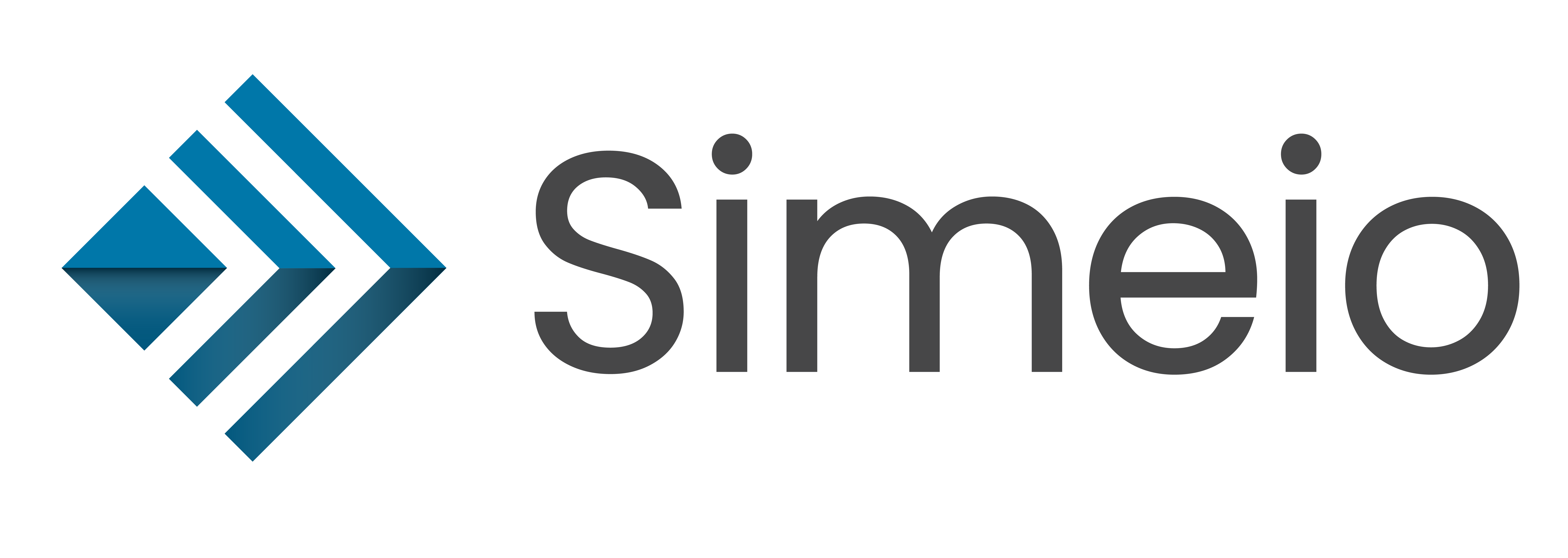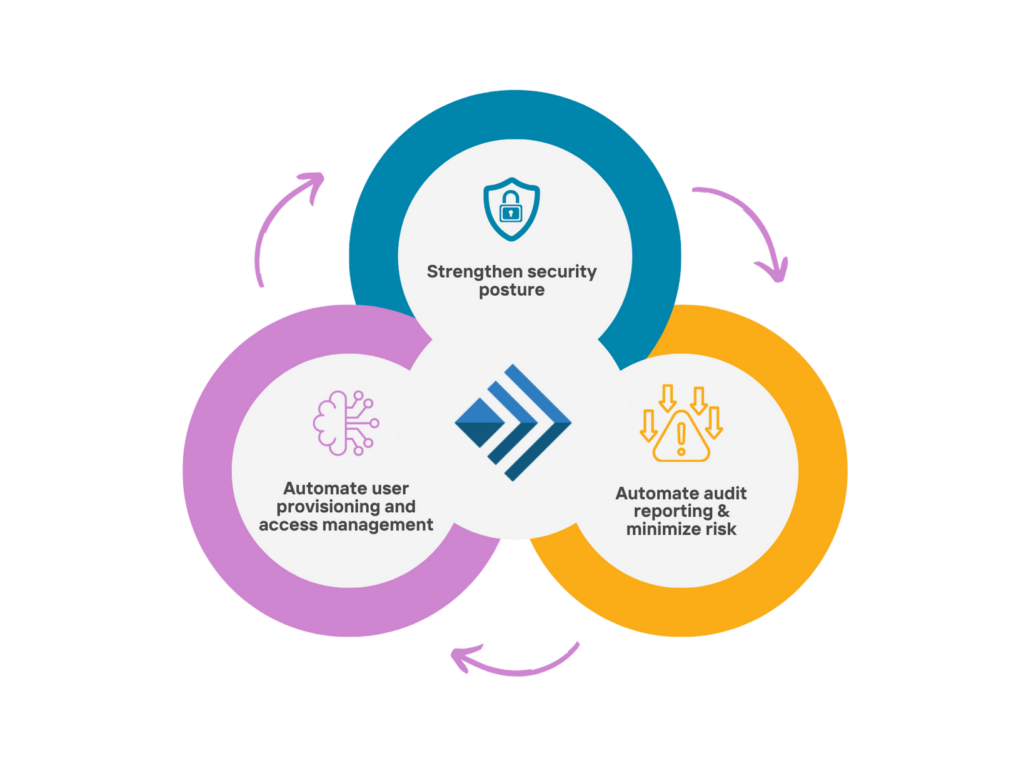
Privileged access management solutions are the foundation of modern identity-based security. Their active and automatic monitoring and enforcement capabilities enable secure privileged identity management at the highest levels of an enterprise. Additionally, investments in privileged access management solutions provide a secondary value: cybersecurity compliance.
Regardless of your specific industry, you have likely experienced difficulties due to the requirements laid upon you by compliance mandates. A robust privileged access management solution can greatly aid, if not outright fulfill, these mandates. Read on and learn how privileged access management solutions can aid your satisfaction of GDPR, CCPA, HIPPA, PCI DSS, BSA, and NERC CIP.
Privileged Access Management Solutions for GDPR and CCPA
The General Data Protection Regulation (GDPR) is a set of digital privacy requirements that all digital businesses must follow to operate within the European Union.
The current law gives consumers the right to:
- Notification of breach events within 72 hours.
- Privacy-centric design for all stages of relevant data processes.
- Erasure and halted dissemination of personal data at request.
An approximate American equivalent of the GDPR is the California Consumer Privacy Act (CCPA). Technically the law only applies protections for California residents. However, it has been adopted as a de facto guideline for privacy policies. CCPA gives consumers the right to:
- Deletion of personal information at request.
- Correction of inaccurate personal information
- Limited use and disclosure of sensitive information.
Fail to meet GDPR requirements, and you may be fined up to 4% of your annual growth turnover, or €20 million. Likewise, CCPA penalties have an upper cap of $7,500 per intentional violation or $2,500 per non-intentional violation. Furthermore, these penalties can quickly add up since one consumer equals one violation.
The utility of IAM for GDPR compliance is well-documented. Privileged access management solutions are important for controlling identity governance and administration. Specifically, it provides instant access to all identities within your system. This ensures data deletion capabilities on request. Additionally, privileged access management solutions share a deep link to identity governance and administration systems. Therefore, enterprises can provision and erase account info as well as give a moment-to-moment account of what is being done with the info.
Cybersecurity Compliance for HIPAA
The Health Insurance Portability and Accountability Act (HIPAA) relates to healthcare organizations who must adhere to its standards of privacy and health information protection.
The regulation requires that healthcare providers:
- Perform risk analysis followed by documented remediation.
- Institute access controls for protected electronic health data.
- Produce audit reports/tracking logs for all hardware/software containing protected data.
The punishments for HIPAA violations are steep even by regulatory standards. Individual penalties can cost almost $2 MN a year as of 2023. Additionally, infractions can result in jail sentences of as long as 10 years.
Privileged access management solutions do an excellent job of fulfilling the requirements of HIPAA. An expert identity assessment provides your organization with the groundwork for a sweeping and effective digital transformation. Following the implementation of recommended improvements, top-down identity controls provide the means to keep confidential data secure. Finally, automated monitoring and recordkeeping provides granular data on all identity usage. This demonstrates due diligence towards protecting patient data and strengthens risk posture.
PCI DSS Cybersecurity Compliance
Payment card industry (PCI) compliance is mandated by the PCI Security Standards Council to ensure secure credit card transactions. The requirements of PCI DSS include:
- Development and maintenance of secure systems and applications.
- Tracking and monitoring of all access to network resources and cardholder data.
- Maintaining a policy addressing personnel information security.
PCI member companies may penalize your institution if a data breach results from unfulfilled PCI security standards. Penalties can range from $5,000 to $ 100,000 per month in which non-compliance persists.
Privileged access management solutions, especially if implemented by a managed identity service, go a long way towards protecting cardholder info under a comprehensive policy. They satisfy the need for scalability by provisioning for future updates, features, and even new applications. Furthermore, they also can not only perform regular system scans but can also specifically collect audit data and organize it in advance of an audit. With the right implementation strategy, privileged access management solutions can enable a better customer experience rather than create friction.
Privileged Access Management Solutions for BSA
The Bank Secrecy Act (BSA) is a US-based financial cybersecurity program outlining recordkeeping and reporting requirements for national and foreign banks. The BSA’s provisions include requirements for:
- Effective customer due diligence systems.
- Activity monitoring and reporting process.
- Reporting for suspicious activity.
An individual, including bank employees, who willfully violate the BSA can face a criminal fine of up to $250,000, five years in prison, or both.
Privileged access management solutions go a long way to satisfying the cybersecurity requirements of BSA. Perpetual monitoring of identities more than satisfies the need for due diligence. Likewise, automatic enforcement of RBAC with real-time flagging of suspicious activity provides your enterprise with a superb report-to-action pipeline.
NERC CIP Compliance Through Privileged Access Management Solutions
The North American Electric Reliability Corporation Critical Infrastructure Protection (NERC CIP) plan is a set of standards for the security of the Bulk Electric System (BES) in North America. NERC requirements include:
- Establishment of a clear chain of accountability.
- Command-level risk and access control management.
- A remediation strategy for cybersecurity incidents.
In the United States, the maximum penalty for NERC noncompliance is $1,000,000 per day per violation.
Privileged access management solutions command your entire identity fabric from the highest level. Consequently, implementation fulfills an exceptionally high number of objectives. These include the ability to identify, classify, respond to, report on, and document all actions taken with your enterprise’s identities.
Satisfying compliance around privileged identity management requires a good understanding of your enterprise’s current identity fabric. Therefore, if you intend to implement a successful privileged access management solution, start with an identity assessment. Doing so fulfills compliance needs regarding planning and policies. Additionally, an expert assessment lays the groundwork for an efficient and cost-effective rollout.
Contact a Simeio identity advisor now and start planning for your regulation-compliant privileged identity management solution.

